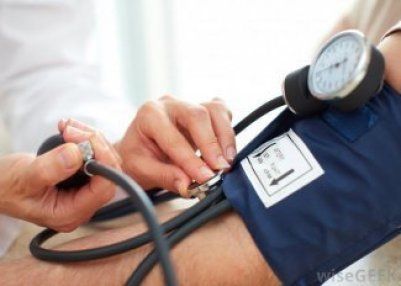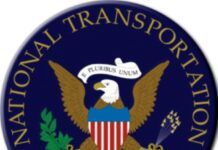
The FAA will get a 14-month funding extension that includes third-class medical reform as part of joint approvals announced Wednesday by House and Senate transportation committees. The extension (PDF) would take effect when the FAA’s current authorization expires on July 15 and continue through the end of the fiscal year on Sept. 30, 2017. Medical reform, which would permanently remove the private-pilot medical for those flying light aircraft, has been passed multiple times by the Senate as part of other legislation. The announcement indicates there will be bicameral support for the funding extension, giving GA organizations confidence that the change will make it to President Obama’s desk for signing before Congress adjourns next week.As worded, the FAA will be given one year to put the third-class medical changes into effect.
“Medical reform is long overdue and we look forward to seeing the House and Senate pass this legislation in the coming days,” AOPA President Mark Baker said. “Including third class medical reform in this package is great news for general aviation and we’re very pleased to see it moving forward as part of the FAA extension.” Jack Pelton, CEO and chairman of EAA, said, “This has been slow, painstaking work, but important work, as EAA members have told us this is the top legislative priority. As we mentioned often since the beginning of this effort, bringing change through legislation is not quick or easy. EAA and AOPA have fought every day to overcome significant hurdles in Congress and will continue to do so until aeromedical reform is signed into law.”
Other regulations in the bill call for the FAA to develop tighter monitoring of unmanned aircraft systems breaching airspace and other safety-sensitive sites, as well as up to $20,000 in penalties for drone users who interfere with emergency response operations such as wildfire fighting. There also are provisions addressing issues arising from two high-profile airline crashes. The FAA would enhance mental health screening for pilots undergoing first- and second-class medical exams, as had been discussed following the 2015 Germanwings Flight 9525 crash in France. The agency also would be required to review its guidance on flight crew training for cockpit automation and manual flying skills, following the 2013 crash of an Asiana Boeing 777 in San Francisco.


































